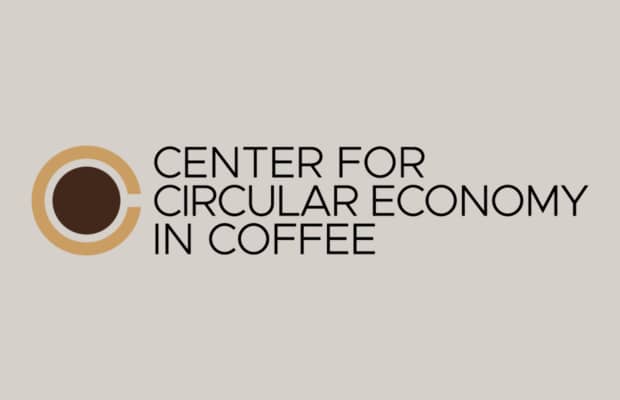[[{“value”:”
A pile of coffee pulp and following mechanical removal. While sometimes treated as waste, coffee byproducts can also be transformed into compost or revenue-generating materials. Daily Coffee News photo.
According to a new report, approximately 34-39 million tons of biological material — outside of green coffee itself — is generated globally each year in coffee production.
With the symbiotic goals of keeping that material out of the waste stream and generating value for coffee producers and other “value circle” actors, a new global pre-competitive platform called the Center for Circular Economy in Coffee (C4CEC) officially launched with a call for membership yesterday.
The platform’s founding members are asking organizations to help drive and disseminate circular economy approaches throughout the global coffee industry, which might range from regenerative agriculture practices to the reuse of coffee grounds.
“The goal is to gather producers, small businesses, traders, roasters and consumer-facing companies, especially in coffee-producing countries, to tap economic opportunities while addressing critical environmental concerns,” the high-level consortium behind the C4CEC platform said in an announcement yesterday. “The platform is also open to research partners, civil society members, impact investors and international organizations.”
The report and the C4CEC platform are currently led by international groups including the International Trade Centre (ITC), the International Coffee Organization (ICO) and the United Nations Industrial Development Organization (UNIDO). Notably, the three additional partners in the launch hail from Italy, historically one of the world’s largest buyers and roasters of green coffee. They include the Lavazza-associated nonprofit the Lavazza Foundation, the Politecnico di Torino university and the University of Gastronomic Sciences in Pollenzo (UNISG), which was founded by the nonprofit Slow Food Foundation.
A 47-member working group has been helping drive the project (see page 21 of this report for a list of members). Organizations wishing to join the pre-competitive platform have been invited to apply online by 31 May.
“Small businesses in coffee-producing countries have the most to benefit from the circular economy model, as it promotes bottom-up innovation and knowledge sharing, as well as sustainable and inclusive value chains, market access, and responsible business,” ITC Executive Director Pamela Coke-Hamilton said in yesterday’s launch announcement. “We invite all coffee stakeholders to join this platform.”
Comments? Questions? News to share? Contact DCN’s editors here.
Related Posts
Nick Brown Nick Brown is the editor of Daily Coffee News by Roast Magazine.
“}]]


